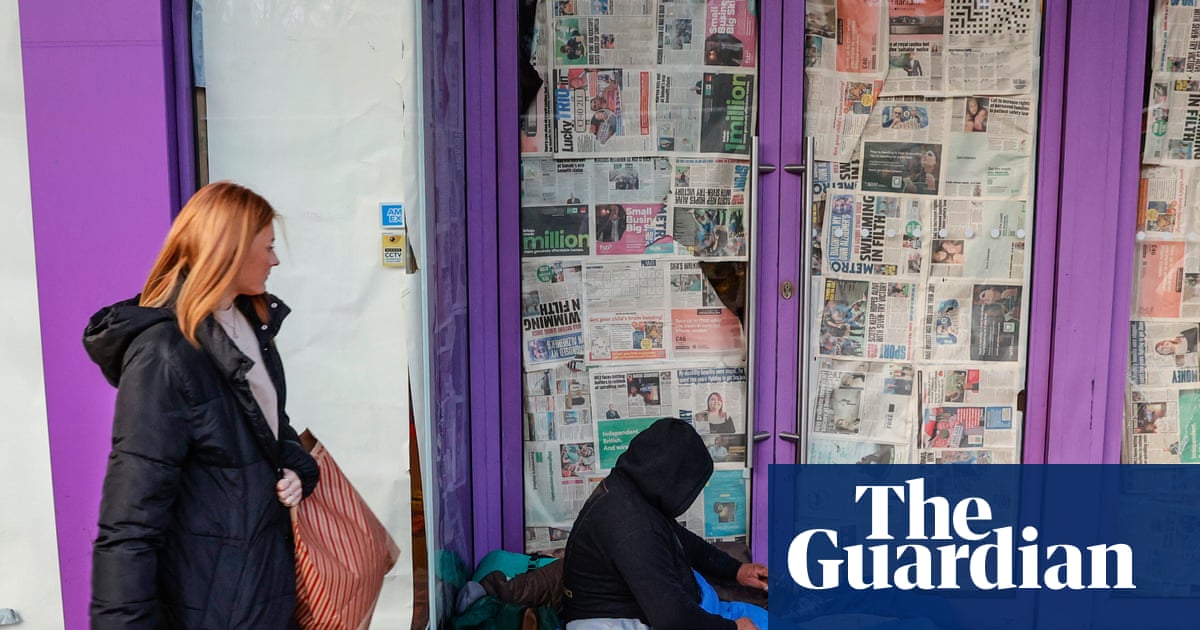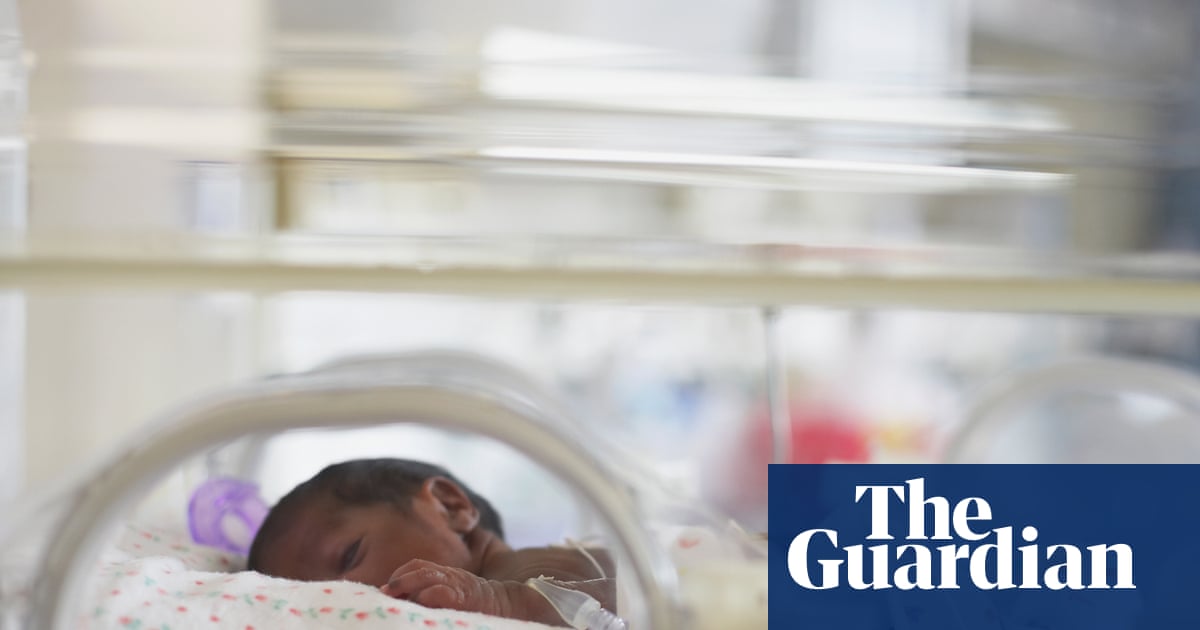A New York county clerk again rejected an effort by Texas to fine a New York-based doctor accused of shipping abortion pills across state lines, in a case that could tee up a US supreme court showdown between states that protect abortion access and those that ban it.
On Monday, acting Ulster county clerk Taylor Bruck rejected a court filing by Texas attorney general Ken Paxton, which sought to collect a $113,000 penalty against Dr Margaret Carpenter. Paxton had sued Carpenter in December 2024 over allegations she shipped abortion pills to a Texas woman in defiance of the state’s ban on virtually all abortions. When Carpenter didn’t show up to a court hearing earlier this year, a judge automatically ruled against her and ordered her to pay the fine as well as stop mailing pills to Texas.
However, New York is one of a handful of blue states that has enacted a “shield law”, which blocks state officials from extraditing abortion providers to other states or complying with out-of-state court orders. In his initial refusal to levy the fine, issued in March, Bruck cited the shield law.
“The rejection stands. Resubmitting the same materials does not alter the outcome,” Bruck said in his response to Paxton on Monday. “While I’m not entirely sure how things work in Texas, here in New York, a rejection means the matter is closed.”
As a signoff, Bruck added New York state’s motto: “Excelsior.” The word means “ever upward” in Latin.
Paxton’s office did not immediately respond to a request for comment. After the first rejection, Paxton said in a statement that he was “outraged”.
“New York is shredding the constitution to hide lawbreakers from justice, and it must end,” he continued. “I will not stop my efforts to enforce Texas’s pro-life laws that protect our unborn children and mothers.”
Shield laws like New York’s, which sprang up in the years since the US supreme court overturned Roe v Wade, have never been tested in court. However, anti-abortion activists are trying to change that, as they have grown increasingly frustrated by the accessibility of abortion through out-of-state travel and the availability of abortions pills through telehealth.
Despite the wave of state-level abortion bans unleashed by the fall of Roe, the number of abortions performed in the US is still on the rise, in large part thanks to providers’ ability to facilitate the procedure through shield laws. In December 2024, shield law providers facilitated almost 14,000 abortions in states that ban almost all abortions or that restrict telehealth abortions, according to #WeCount, a research project by the Society of Family Planning.
Experts widely expect that the Texas case, or another similar case involving shield laws, will ultimately be decided by the supreme court.

 3 months ago
86
3 months ago
86

















































